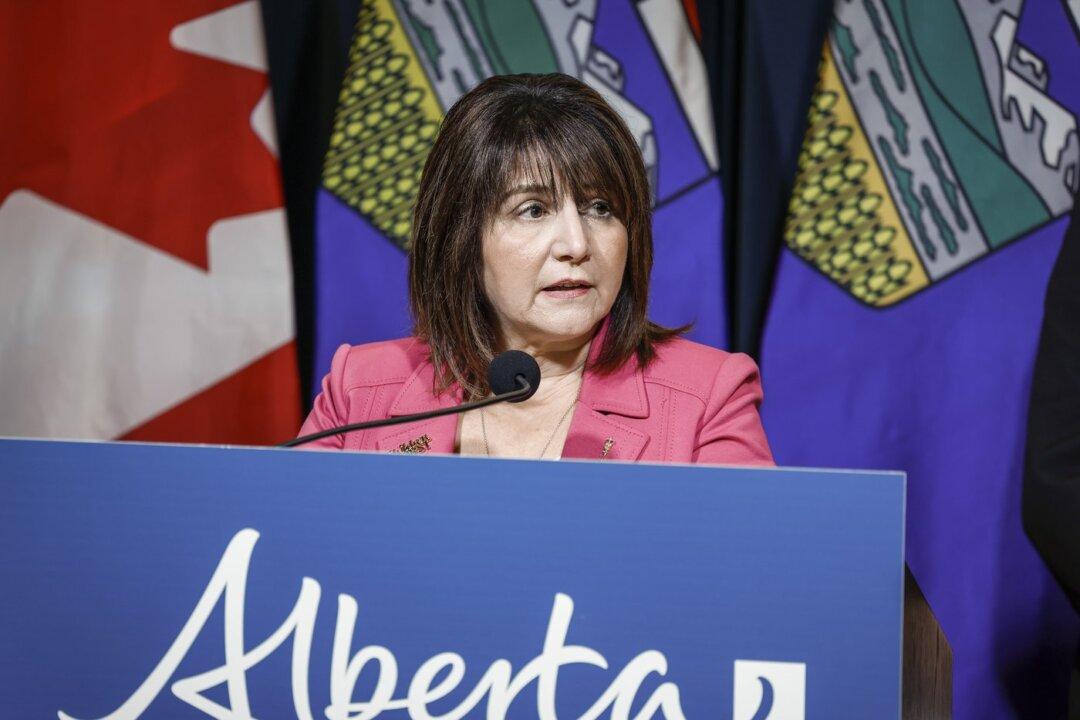Alberta has earmarked $618 million in its 2024 budget to address the province’s surgical backlog.
A total of $313 million has been designated for the Alberta Surgical Initiative Capital Program (ASI) over three years to boost the number of surgeries performed by opening new operating rooms across the province, Health Minister Adriana LaGrange said at a March 26 news conference. The money will also be used to expand existing operating rooms and purchase new equipment.





